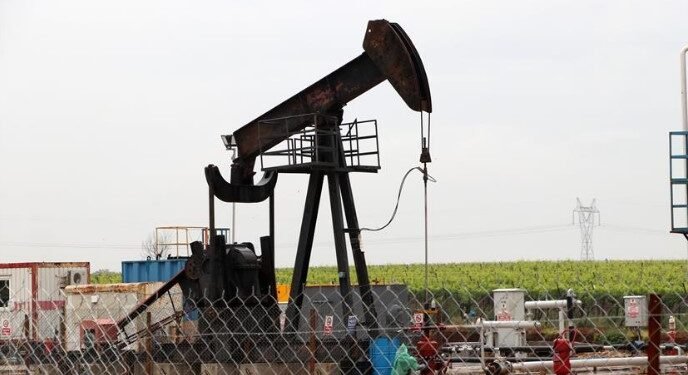Oil prices saw a sharp rise as tensions in the Middle East deepened, sparking concerns about potential disruptions to global supply chains. However, the gains were tempered by the broader global supply outlook, with markets balancing geopolitical risks against a more stable production environment in other regions.
Contents
- 1 Middle East Tensions Fuel Price Surge
- 1.1 Related posts
- 1.2 Bail Bonds 101: A Step-by-Step Guide for Families and Defendants
- 1.3 New Polls Show Ghana’s Opposition Leader Poised for Victory in Upcoming Presidential Election
- 1.4 England’s Earps Breaks New Ground as the First Female Footballer Honored at Madame Tussauds
- 1.5 Referee David Coote Suspended by PGMOL Following Alleged Verbal Abuse of Liverpool and Klopp in Video
- 1.6 UK’s Starmer Set to Meet Macron in France to Strengthen Ukraine Support Following Trump Victory
- 1.7 Biden Extends Congratulations to Trump, Extends White House Invitation
- 1.8 Trump’s return to power fueled by Hispanic, working-class voter support
- 2 Market Balancing Geopolitical Risks
Middle East Tensions Fuel Price Surge
The ongoing conflict in the Middle East, a critical hub for global oil production, has reignited fears of supply interruptions. Any escalation in violence could threaten oil infrastructure or disrupt transport routes, leading to a reduced supply of crude on the market. As a result, oil prices have responded by climbing as investors brace for potential shortages.
Market Balancing Geopolitical Risks
Oil traders are now weighing the risks of prolonged conflict against the steady global supply outlook. Analysts predict that prices will continue to fluctuate as markets react to both geopolitical developments and supply data. However, the consensus is that unless the Middle East conflict significantly escalates, the global oil supply will remain resilient enough to prevent runaway price increases.
Read more also:- Dollar Hits Six-Week High Against Yen as Fed Stays Cautious on Rate Cuts


















